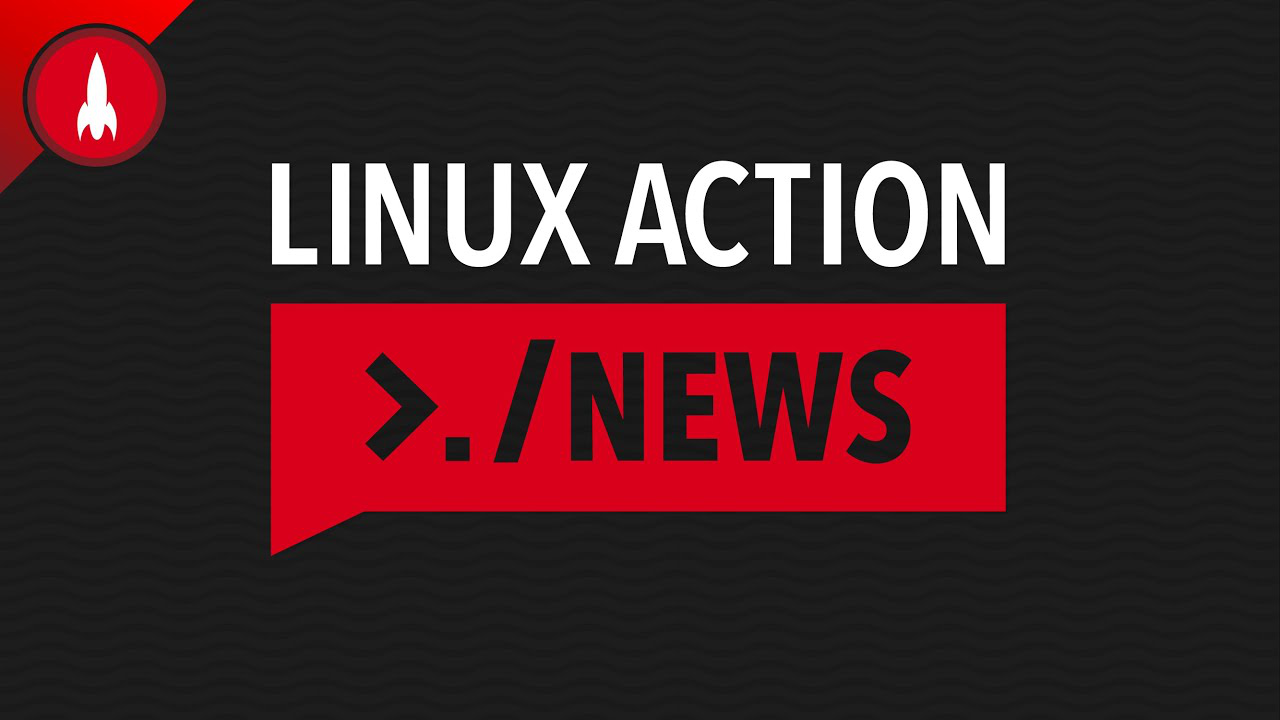40: Linux Action News
11 February 2018
It's week of major project releases, elementary OS gears up for some contested changes, and Mozilla has a solution for the world's IoT mess.
Hosts
Episode Links
- MATE 1.20 — The theme for this release has been stabilising the MATE Desktop by replacing deprecated code and modernising large sections of the code base. We’ve also improved our window manager (Marco) and added support for HiDPI. Along the way we’ve fixed hundreds of bugs. Squished ‘em dead!
- Plasma 5.12 — Speed and memory improvements are the focus of this long-term release. The new Plasma LTS uses less CPU and less memory than previous versions. The process of starting the Plasma desktop is now significantly faster.
- VLC 3.0 — Network browsing for distant filesystems (SMB, FTP, SFTP, NFS…)
- Nextcloud 13 — This release brings improvements to the core File Sync and Share like easier moving of files and a tech preview of our end-to-end encryption for the ultimate protection of your data. It also introduces collaboration and communication capabilities, like auto-complete of comments and integrated real-time chat and video communication.
- Android x86 7.1 — It’s a full port of Android, instead of being more of an application player like other solutions.
- Bliss-x86 Oreo 8.x
- Changes coming to elementary OS AppCenter — One of the primary goals of developing AppCenter Dashboard was to build a sustainable app ecosystem. I don’t think it’s a surprise to anyone that although the AppCenter ecosystem is growing, nobody can make a living on it yet. That’s what we mean when we say “sustainable”. Writing apps is a real, hard, full-time job. If we want to see more high-quality, Open Source apps then we need to prioritize getting third-party app developers paid.
- Elementary OS Juno will be version 5.0, not 0.5 — Among them a small yet appreciable bump to the version number. Yes elementary OS 0.5 Juno will actually be elementary OS 5.0.
- Announcing “Project Things” — We kicked off “Project Things”, with the goal of building a decentralized ‘Internet of Things’ that is focused on security, privacy, and interoperability.
- Nintendo Switch runs Linux — According to fail0verflow, there’s a flaw in the boot ROM in Nvidia’s Tegra X1 system-on-a-chip. when your console starts, it reads and executes a piece of code stored in a read-only memory (hence the name ROM). This code contains instructions about the booting process.

